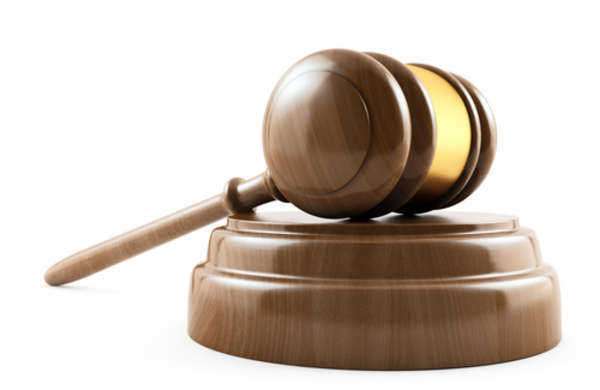DWI Punishment
Introduction
Driving while intoxicated (DWI) is a serious offense in many countries, and it is punishable by law to ensure that offenders do not repeat the behavior. The punishment for DWI varies depending on the severity of the offense, jurisdiction of the case, and other factors.
In this article, we will discuss the various punishments that come with DWI offenses.
Fines
Fines are the most common form of punishment for DWI offenders. The amount of the fine may differ by jurisdiction, but it usually starts from a few hundred dollars and can go up to several thousand dollars, depending on the severity of the offense.
Imprisonment
DWI offenders may also be sentenced to prison time, depending on the severity of the offense. In some jurisdictions, imprisonment is mandatory for repeat offenders or cases that involve severe damage or injuries.
Community Service
Courts may also sentence DWI offenders to community service as a form of punishment. Community service may include tasks like cleaning or picking up trash on the side of highways, volunteering in charity works, or working in a local government agency.
Suspension or Revocation of License
DWI offenders may also face automatic suspension or revocation of their driver's license. The period of suspension or revocation may depend on the severity of the offense or the offender's driving record.
Ignition Interlock Devices
Some jurisdictions may require DWI offenders to install an ignition interlock device on their vehicles. The device requires a breath sample and prevents the vehicle from starting if the driver's blood alcohol level exceeds a preset limit.
Alcohol Education and Treatment Programs
Courts may also require DWI offenders to attend alcohol education and treatment programs to help them overcome alcohol addiction and prevent them from repeating the offense.
Conclusion
Overall, the punishment for DWI varies depending on the jurisdiction, severity of the offense, and other relevant factors. Fines, imprisonment, community service, suspension or revocation of licenses, and ignition interlock devices are all possible punishments that a court may impose on a DWI offender. The aim of these punishments is to prevent the reoccurrence of the offense and protect other road users from the danger posed by drunk drivers. As such, it is crucial for everyone who gets behind the wheel to drive sober and avoid DWI offenses at all costs.
A DWI (Driving While Intoxicated) offense can impinge on an individual’s ability to permissibly operate a motor vehicle, in the jurisdiction where the relevant DWI offense occurs as well as outside of it, as well as leading to other civil and criminal penalties being lodged against the offender found to be at fault.
Getting a DWI charge lodged against one as a driver, as may occur either due to alcohol consumption or drug usage, will proceed most directly from the finding as to the blood alcohol content (BAC) of the particular motorist. As such, getting a DWI is considered, according to U.S. legal theory and practice, a “per se” offense, in that the founding act, that of the particular blood alcohol level, is illegal in of itself, regardless of the subsequent inquiry into the act. Moreover, getting a DWI may be subject to “truth in sentencing” laws, preventing later easing of sentencing.
